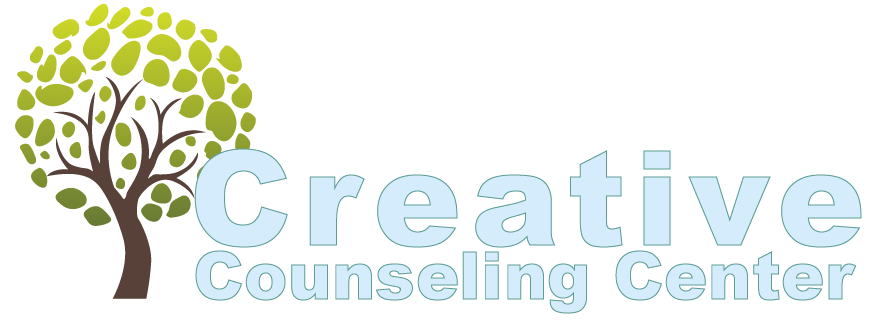Are You Sensitive to Rejection? You Could Have Rejection Sensitive Dysphoria
Rejection is part of the human experience. This unfortunate reality is easier for some to handle than others. Are you one of the millions of Americans diagnosed with ADHD? If so, you probably have a harder time handling rejection than most people. This is because people with ADHD are much more sensitive to rejection than neurotypical people.
In this article, we explore what Rejection Sensitive Dysphoria (RSD) looks like, how it affects sufferers, and practical steps you can take to address it in your life.
WHAT IS REJECTION SENSITIVE DYSPHORIA?
RSD is characterized by intense feelings of distress from rejection or even perceived rejection. Although common in people with ADHD and Autism, anyone can experience RSD.
RSD isn’t an actual diagnosis. Think of it more as a symptom associated with living with ADHD. Individuals with RSD may experience deep feelings of shame, embarrassment, or worry when confronted with any type of rejection, or even just the potential for rejection. This can look like:
- Getting a poor grade on a test and having an emotional meltdown rather than taking it in stride.
- A friend failing to return a text and you feel intense shame and believe you are unlikeable.
- Avoiding answering a phone call because you’re worried what the person thinks of you–even if they’re just an acquaintance.
HOW RSD AFFECTS DAILY LIFE
People with RSD tend to overthink things, experience social anxiety, and have low self-esteem. They may also seek approval from others at the expense of their own values. Those with RSD may lean toward perfectionism because they fear the emotional consequences of making a mistake.
Living with RSD can make establishing and maintaining relationships difficult because the sufferer is too rejection-sensitive to let their guard down. Those with RSD may also avoid taking on challenges at work or home because they are too fearful of criticism, even if it’s constructive.
WHAT CAUSES RSD?
RSD isn’t a clinically recognized condition, so there isn’t a great deal of medical literature on the topic. But there are a few theories about its cause.
Some believe RSD is caused by a history of rejection or neglect early in life, especially by a primary caregiver. Such treatment can condition a person to expect rejection, even from situations that normally would not warrant it.
Another theory is that being teased as a young child can cause sensitivity to rejection. Some children are more resilient than others. If a sensitive child experiences excessive teasing or bullying, they’re more likely to become rejection-sensitive over time.
Lastly, some researchers believe RSD is genetic. Therefore, if someone in your family experiences RSD, you are more likely to as well.
HOW IS RSD TREATED?
Treatment should help RSD sufferers develop better self-esteem while also learning healthier strategies for handling rejection. These goals can be addressed in therapy. A good therapist can help someone with RSD learn to identify their emotions and manage negative emotions more productively.
CONTACT CREATIVE COUNSELING CENTER
Do you suspect you suffer from Rejection Sensitive Dysphoria? You can get the care and support you need from a therapist on our team. Simply request a Free Phone Consultation using the brief form below and a member of our team will call you to determine which therapist is the best fit for you. We offer adult, teen, child and family counseling using a friendly, collaborative, and integrative approach. If our practice is not an ideal fit for your situation, we are happy to provide referrals to providers in the Denver metro area. We look forward to connecting with you soon.
Contact Us
We will get back to you as soon as possible.
Please try again later.

ABOUT THE AUTHOR
Teri Karjala is a Licensed Professional Counselor & Marriage and Family Therapist. She is the founder and Executive Director of Creative Counseling Center, LLC. Working in the field since 1999, Teri and her team of therapists specializes in counseling for those who have experienced trauma. They work with children as young as age 2, as well as teens and adolescents, adults, seniors, families, and couples.
REQUEST A FREE CONSULTATION
If you have questions about counseling, would like to find out if counseling could help you or a loved one, or are interested in learning more about our services, just complete the brief form below to request a Free Phone Consultation. A member of our team will contact you shortly. After a brief conversation, we'll determine together whether our practice is right for you and which therapist may be best suited for your specific circumstance.
Finding the right therapist, one you click with, is less about the therapist's experience and qualifications and more about the therapist's personality. So let's talk. Let us match you with a therapist you have a high likelihood of clicking with.
Fields marked with an * are required.
Contact Us
We will get back to you as soon as possible.
Please try again later.
GET SOCIAL WITH US
CONNECT WITH US
PHONE
EMAIL US
ADDRESS
6021 South Syracuse Way, Suite #216
Greenwood Village, CO 80111
OFFICE HOURS
Monday-Thursday: 8:30am-8pm
Friday: 12pm-5pm
Saturday: 12pm-4pm



